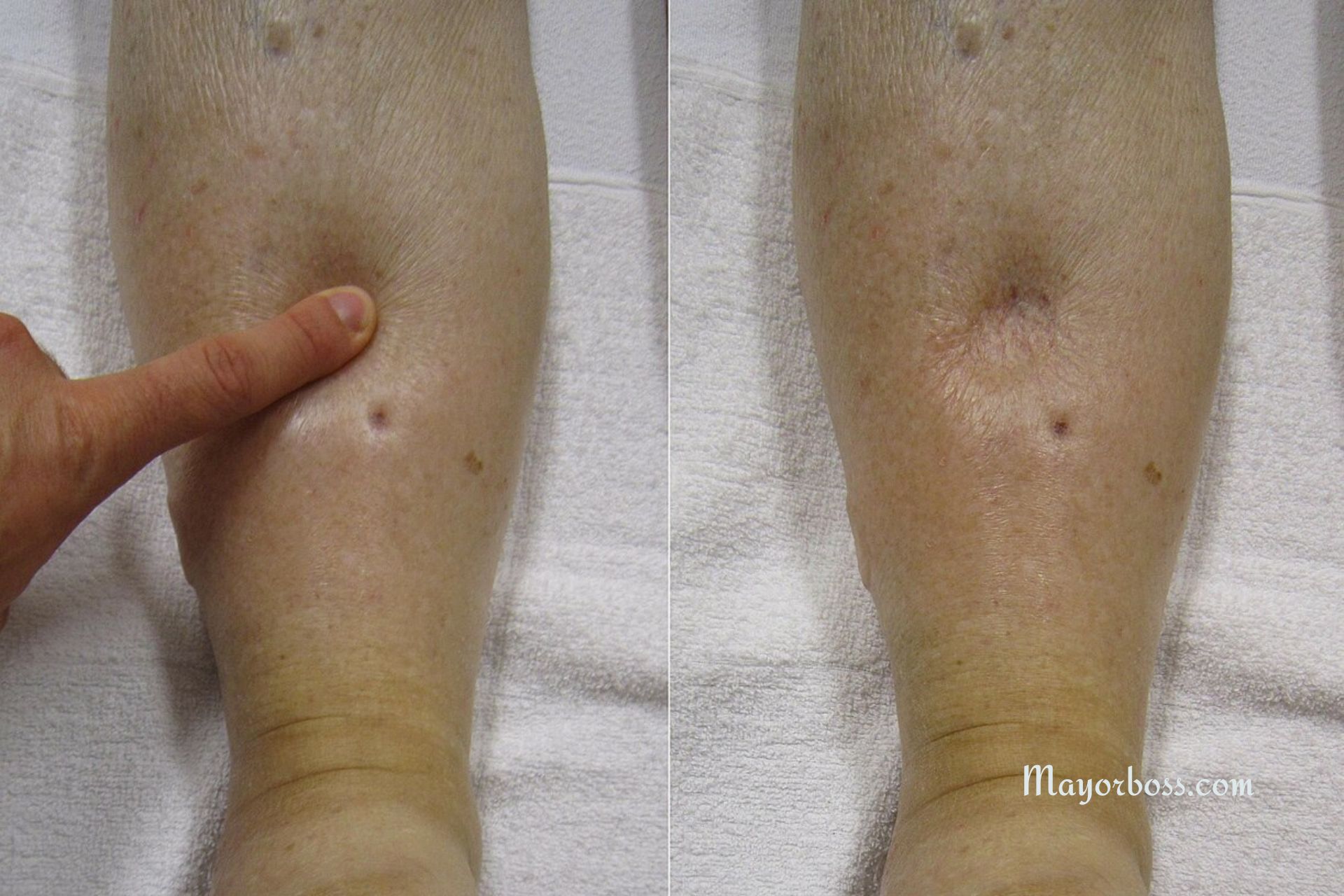7 Signs You’re Not Eating Enough Fat
Dietary fat often gets a bad rap, but the truth is, healthy fats are essential for your overall well-being. Fats support brain function, hormone production, and the absorption of fat-soluble vitamins like A, D, E, and K. If you’re cutting back on fats or avoiding them altogether, your body might give you signals that you’re not getting enough. Here are seven signs that indicate you may need more healthy fats in your diet.

1. Your Skin Is Dry, Flaky, or Dull
One of the first places you’ll notice a lack of fat in your diet is your skin. Fats help your skin retain moisture and keep it looking healthy and glowing. Without enough healthy fats, your skin can become dry, flaky, or dull. This happens because fats play a key role in maintaining the integrity of your skin’s barrier, which prevents moisture loss. Omega-3 fatty acids, in particular, are known to promote healthy, hydrated skin.
2. You’re Constantly Hungry, Even After Eating
If you find yourself feeling hungry shortly after meals, it might be because you’re not getting enough fat. Fat takes longer to digest than carbohydrates or protein, helping you feel full and satisfied for longer periods. Without enough fat, your body burns through food more quickly, leaving you feeling hungry again soon after eating.
Incorporating healthy fats like avocados, nuts, seeds, and olive oil into your meals can help keep hunger at bay.
3. You’re Struggling with Brain Fog and Difficulty Concentrating
Fats are crucial for brain health. Your brain is made up of about 60% fat, and it relies on fatty acids to function properly. If you’re not eating enough fat, you might experience brain fog, trouble concentrating, or memory issues. Studies show that Omega-3 fatty acids play a vital function in cognitive function, and not getting enough can negatively impact your mental clarity and focus.
4. You Have Issues with Hormonal Imbalance
Healthy fats are vital for hormone production. Your body needs fats, especially cholesterol, to produce hormones like estrogen, progesterone, and testosterone. If you’re not consuming enough fat, you might experience hormonal imbalances, which can manifest as irregular menstrual cycles, mood swings, low libido, or even infertility in severe cases.
Adding sources of healthy fats, such as fatty fish, eggs, and coconut oil, can help support hormone regulation.
5. You’re Constantly Cold or Have Difficulty Staying Warm
Fat acts as a natural insulator for your body, helping you maintain a stable internal temperature. If you’re not eating enough fat, you might notice that you’re constantly cold or have difficulty staying warm, even in moderate temperatures. Your body relies on fat to help keep you warm, and without enough of it, you may feel chilled more easily.
6. You’re Not Absorbing Fat-Soluble Vitamins
Vitamins like A, D, E, and K are fat-soluble, meaning your body needs fat to absorb them properly. If you’re not consuming enough fat, you might become deficient in these essential vitamins, which can lead to various health problems. For example, a vitamin D deficiency can weaken your immune system, while a vitamin E deficiency can cause issues with your skin and eyesight.
Including healthy fats in your meals ensures that your body can properly absorb these important nutrients.
7. Your Hair Is Thinning or Becoming Brittle
Hair health can also be affected by a lack of healthy fats in your diet. Without enough fat, your hair can become dry, brittle, or thin. Fats help nourish your hair follicles, promoting strength and growth. Some studies suggest that omega-3 fatty acids help decrease hair thinning and promote a healthier scalp. If you’re noticing more hair in your brush or a lack of shine, it could be a sign that you’re not eating enough fat.
Conclusion
Fats are an essential part of a healthy, balanced diet and play a key role in maintaining your overall health. From supporting brain function and hormone production to keeping your skin and hair healthy, healthy fats like those found in avocados, eggs, nuts, seeds, fatty fish, Tofu, and olive oil are necessary for your body to function properly.
If you’re experiencing any of these signs, consider reintroducing healthy fats into your meals. Keep in mind that not all fats are created equal — focus on unsaturated fats from whole, natural sources while minimizing unhealthy trans fats or excessive saturated fats. If you’re unsure about how much fat to include in your diet, consult with your doctor or a registered dietitian to ensure you’re getting the right balance for your needs.






